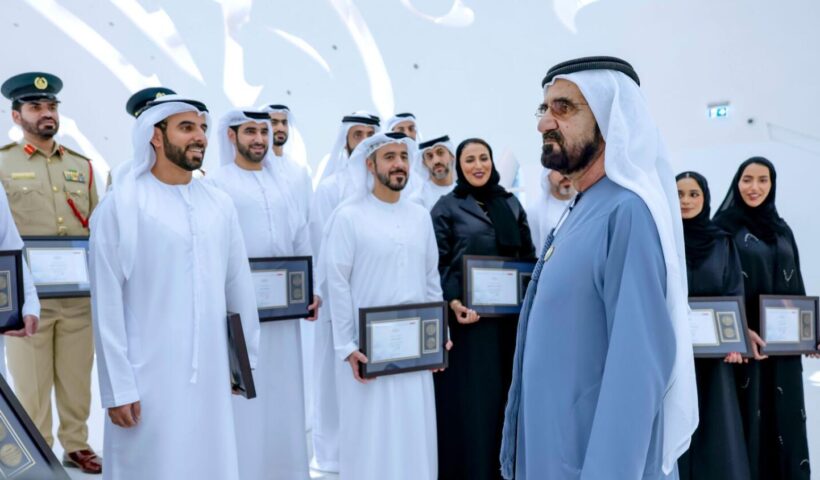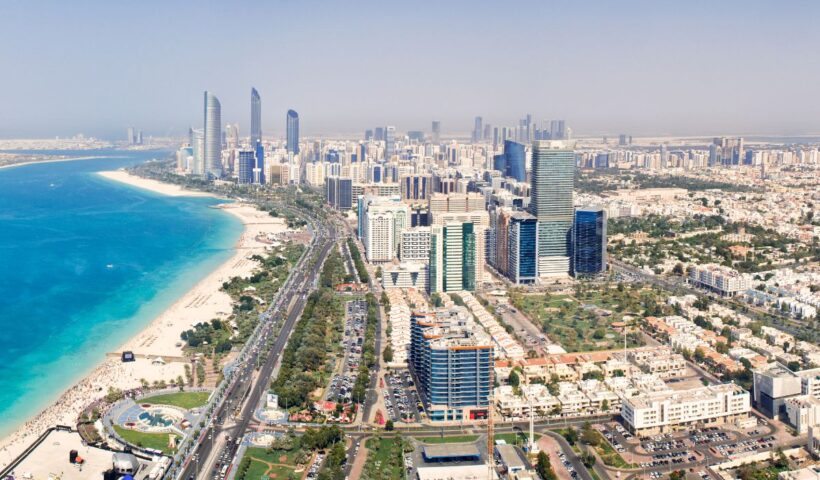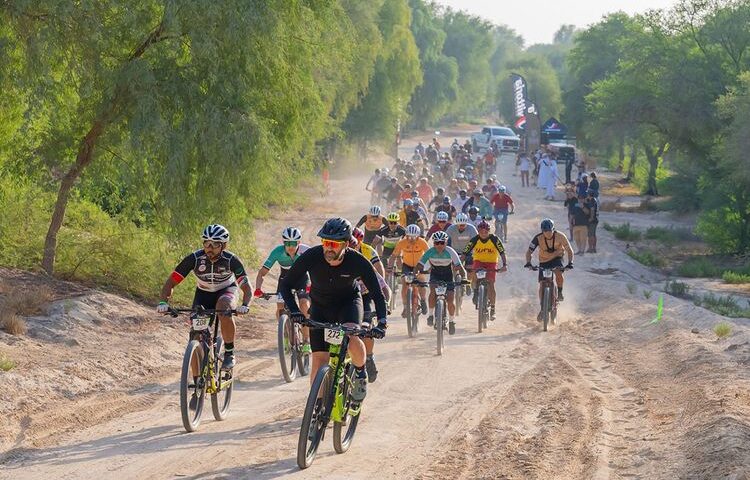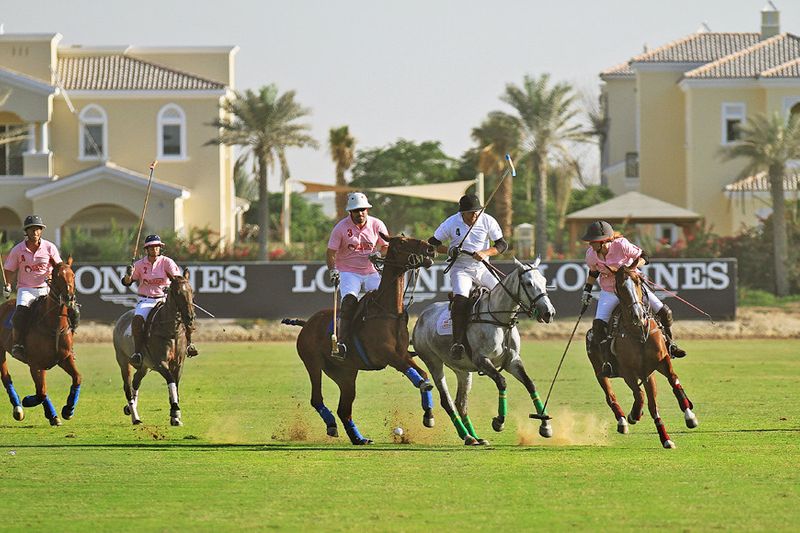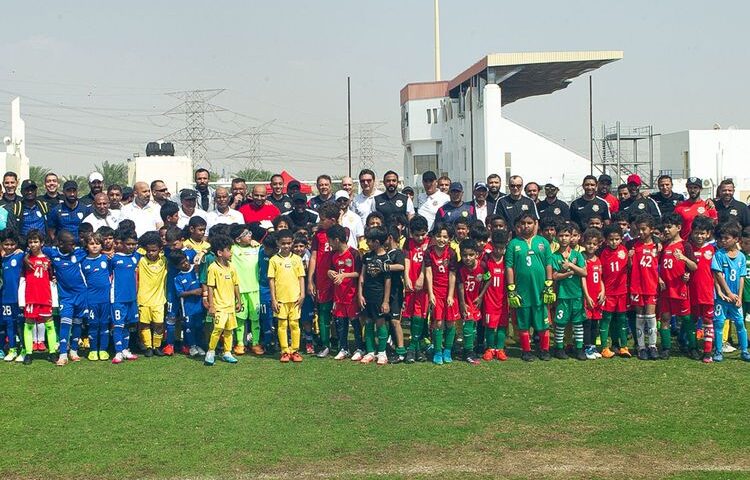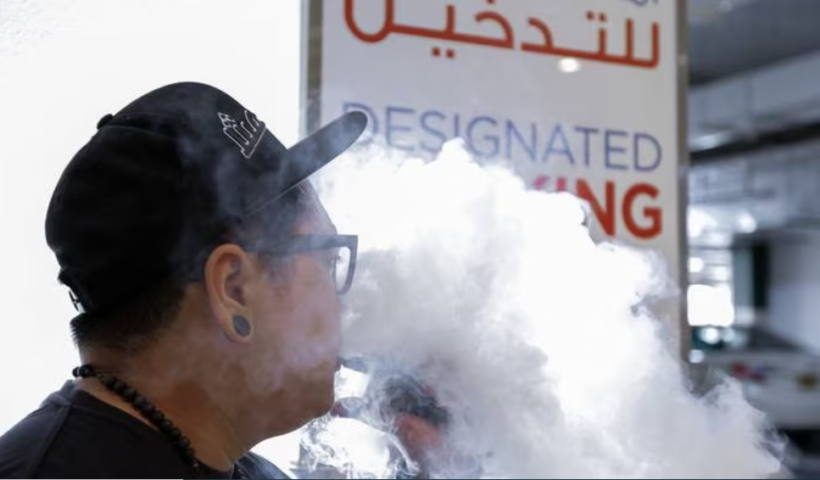Just 41 per cent of smokers are aware of less harmful alternatives to cigarettes.
A lack of clear information around less harmful cigarette alternatives is preventing more smokers from quitting, new research shows.
In a recent survey commissioned by British American Tobacco (BAT) and carried out by market analysts Kantar, 41 per cent of adult nicotine users in the UAE and Saudi Arabia were aware of how to reduce the harm imposed by smoking.
Data also showed 85 per cent of adult UAE smokers were open to switching to nicotine products such as vapes, compared with 35 per cent of smokers in Saudi Arabia.
However, a recent study by the US National Heart, Lung, and Blood Institute found long-term use of e-cigarettes can significantly increase the risk of cardiovascular disease.
“We continue to be clear that smoking causes serious health risks, and the only way to avoid these risks is not to start or to quit,” said BAT Middle East’s general manager, Alexandre Ghanem.
With vaping in particular, the harm reduction potential is a fraction of the risk of smoking
Alexandre Ghanem, BAT Middle East general manager
“For those who would otherwise continue to smoke, we encourage them to switch completely to alternative nicotine products with reduced risk potential compared to smoking, backed by robust science.
“This is in part driven by growing acceptance of the credible body of scientific evidence that confirms nicotine alternatives to smoking emit fewer and lower levels of toxicants compared to conventional cigarettes.
“With vaping in particular, the harm reduction potential is a fraction of the risk of smoking.”
Nicotine, which is found in both tobacco and e-cigarettes, has proven to be as addictive as cocaine and heroin.
Doctors said caution should be applied to e-cigarette use, due to their nicotine content.
“Vaping can be a good alternative to cigarettes provided the nicotine content in e-cigarettes is reduced,” said Dr Amal Louis, a consultant interventional cardiologist at Canadian Specialist Hospital, Dubai.
“Some vapes contain more nicotine than cigarettes and can be more harmful to the heart as it is the nicotine that has deleterious effect on the heart rather than smoke from burning.
Dr Louis emphasised that while nothing is burnt in vaping, the harmful effects of vapes on the lungs are yet to be known.
“The main concern is more and more teenagers and schoolchildren getting into vaping as vapes seem to be more attractive and a ‘cool’ option for teenagers compared to conventional cigarettes.
“Vaping can be part of a smoking cessation strategy if adopted cautiously with reducing dosage of nicotine in e-cigarettes.”
Developing alternatives
The global tobacco industry is aiming to reduce the health impact of its business, with several tobacco harm reduction strategies in place.
Methods include technology to develop healthier alternatives, such as e-cigarettes and heat-not-burn products that produce fewer harmful emissions, although they still contain highly addictive nicotine liquid.
BAT aims to encourage 50 million smokers to switch to non-combustible products by 2030, with 22.5 million consumers already making the transition, the company said.
Vaping companies set sights on Gulf’s young smokers
“While the scientific consensus recognises that nicotine is not the primary cause of smoking-related diseases, misperceptions on nicotine still persist that perpetuate the idea that the nicotine alternative products such as vaping products are equally harmful or even more so than cigarettes,” said Mr Ghanem.
“We believe this is the result of a disconnect between science and public perception, which is one of the key challenges facing the acceptance of Tobacco Harm Reduction.”
Surge in use of smoking alternatives
A 2017 UAE Ministry of Health and Prevention Cancer Incidence report showed lung cancer was the third most common cause of cancer deaths.
There has been a huge spike in e-cigarette and vaping usage in recent years, with some countries adopting the products for their stop-smoking strategies.
Pregnant women in the UK will be offered £400 (Dh1800) in shopping vouchers as an incentive to quit smoking, while free vaping kits will be handed out to a million smokers to help wean them off cigarettes.
Meanwhile, in New Zealand, health officials have backed the potential of vaping products to help improve public health by offering a route out of cigarette use for the country’s 550,000 daily smokers.
According to market researchers Euromonitor International, e-cigarette users have increased globally from 7 million in 2011 to around 80 million in 2021. Mordor Intelligence’s Middle East & Africa E-Cigarettes Market report the region’s vaping market is forecasted to grow at a rate of 9.74 per cent from now until 2027.
However, these figures do not include youth vaping or illicit vapes sold illegally.
Despite its popularity, there are concerns over the uptake of vaping among young non-smokers, particularly teenagers in schools, which has been described as an ‘epidemic’ in the UK. Some schools have installed cameras and strict penalties for those vaping on school grounds.
“While vaping is a preferable alternative to smoking for adults, we are concerned about the rise in youth vaping, particularly the increasing use of disposable vaping products,” said UK health minister Neil O’Brien in a recent government release.
Industry regulations
The vaping industry is under pressure to self-regulate to keep devices out of the hands of children. It comes after watermelon-flavoured Elf Bars were found to contain at least 50 per cent more nicotine liquid than the recommended amount, which led to a temporary ban in the UK.
Relx International is another vape manufacturer that sells e-cigarettes across Europe, the UK and the Middle East.
Robert Naouss, Relx external affairs director for Mena and Europe, said the industry had a responsibility to ensure vapes are not used by children.
“We do not approach non-smokers, former smokers or underage consumers and we ensure people are of legal age in the countries in which we operate,” he said.
“We do not want to be targeting children, it is bad for business and unethical. I want to sleep at night.”
Relx is involved in the vaping sector’s first clinical research project.
Reviewed by the China Clinical Trials Registry and the World Health Organisation’s International Clinical Trials Registry Platform, the three-month study investigated the metabolic kinetics of nicotine in humans and the effects on human biomarkers, following the replacement of conventional cigarettes with Relx devices.
Meanwhile, the company’s Guardian Programme aims to market products to smokers over the age of 18 by using neutral packaging and conducting spot-checks on retailers.
“The e-cigarette industry in this region is still young, but many countries around the world have accepted that regulated vaping products are a better alternative to cigarettes,” said Mr Naouss.
“They do not burn anything, but they are not risk-free.”
Dr Gopal Chawla, a pulmonologist at NMC Speciality Hospital in Dubai said standardised vaping products would improve product safety.
“It is important to market vaping as an alternative to smoking and not as the beginning of something new,” he said.
“Various flavours are being used indiscriminately without the actual knowledge of their byproducts, which can be hazardous.
“There is a need for standardisation of vaping products because all that is available to us in the market is not entirely safe.”



:quality(70)/cloudfront-eu-central-1.images.arcpublishing.com/thenational/HUTK7ECXH5CEXLHEIGGYMDXM7U.jpeg)
